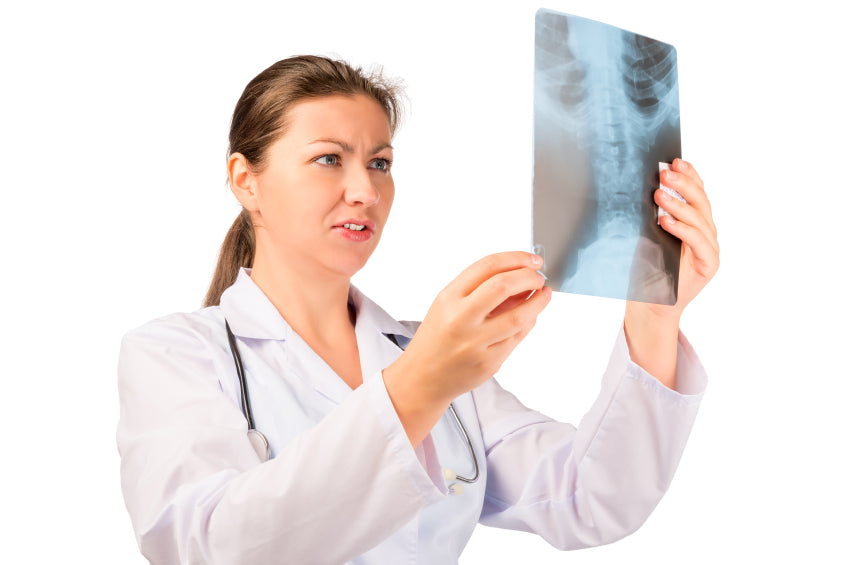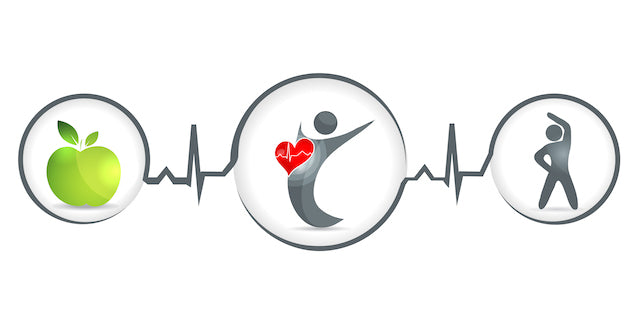Many women don’t understand the importance of bone health until they have experienced a broken bone or fracture because of weak, brittle bones. Osteoporosis is becoming more common among the older generation, and this health problem can be prevented by following certain lifestyle and dietary changes. If you want to protect your health and avoid osteoporosis, then you need to take a proactive approach to strengthen your bones.
What is Osteoporosis?
This progressive bone disease occurs when the body doesn’t have the right nutrients and minerals that are needed to maintain bone health. When these nutrients are missing, the bones begin to thin and you might begin to experience fractures or broken bones. Risk factors for osteoporosis include high consumption of animal products especially milk and cheese, the use of certain medications, smoking, menopause, hormone changes, low body weight, and aging. It has also been found that women are much more likely to get osteoporosis then men, and many women begin to experience these problems when they are going through menopause.How to Prevent Osteoporosis
You can talk with your doctor to have a bone scan to determine if you are experiencing thinning bones. But, even if you haven’t been diagnosed with osteoporosis, it is still a good idea to take a proactive approach to prevent bone problems in the future. Regardless of your age or medical diagnosis, you should make sure that you are following the daily steps that will protect your health and prevent bone loss. These are some of the natural ways that you can prevent osteoporosis:- Ensure adequate levels of D3 (the sunshine vitamin). If unsure of your level a simple blood test costs about $60. The optimal level is 50-70 ng/ml. If low, consider supplementing with a high quality D3 supplement that also contains K2.
- Increase calcium consumption, preferably from plant based food sources. Leafy green vegetables are a great source of calcium, and you should consume plenty of spinach, lettuce, broccoli, and any other green vegetables.
- Limit alcohol consumption, because it has been found that heavy drinking might increase your risk of osteoporosis. By keeping your drinking habits in check, you can prevent your bones from getting weaker.
- Include weight-bearing exercises in your regular routine. Your goal should be a minimum of 30-minutes of exercise, at least several times each week.
- Limit consumption of dairy (milk and cheese). Dairy products are acidic and utilizes the calcium in the bones to neutralize the acidity.







